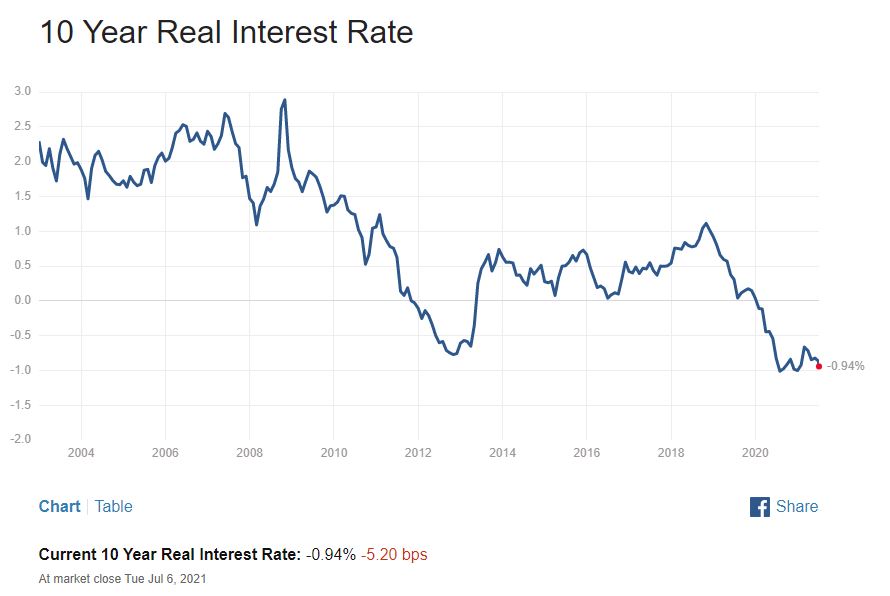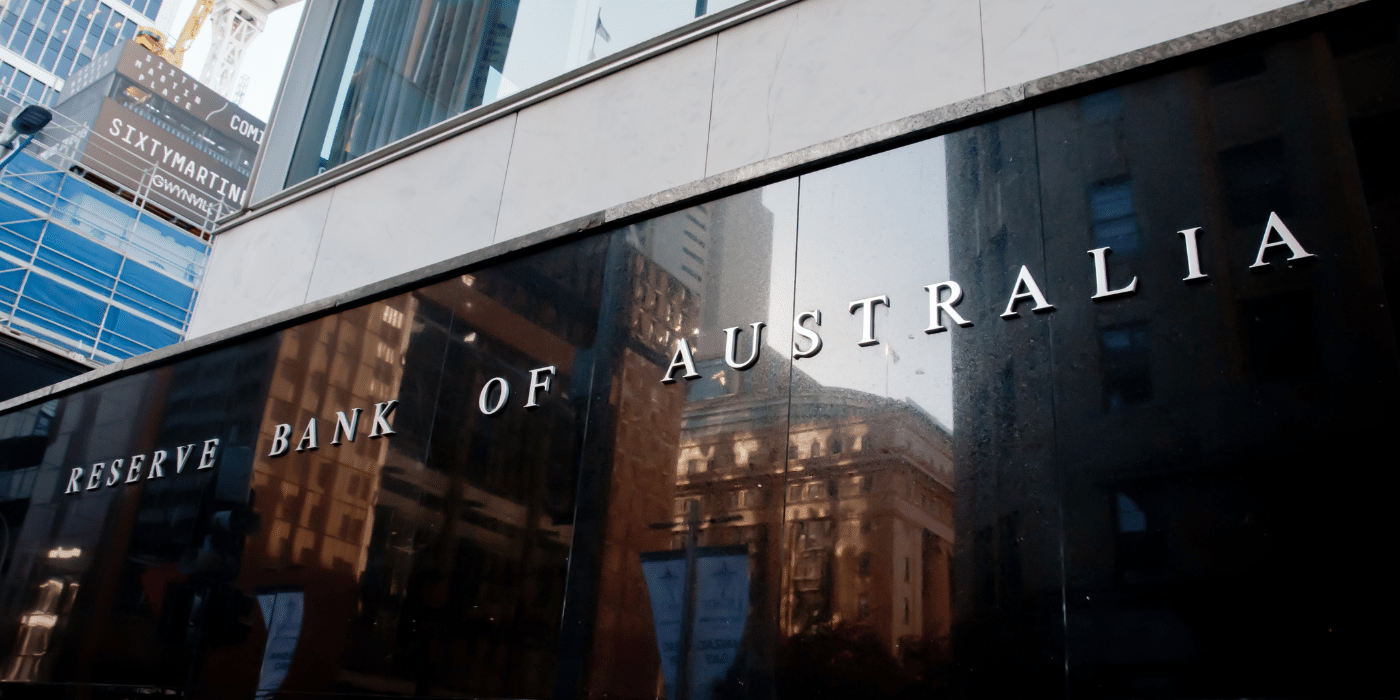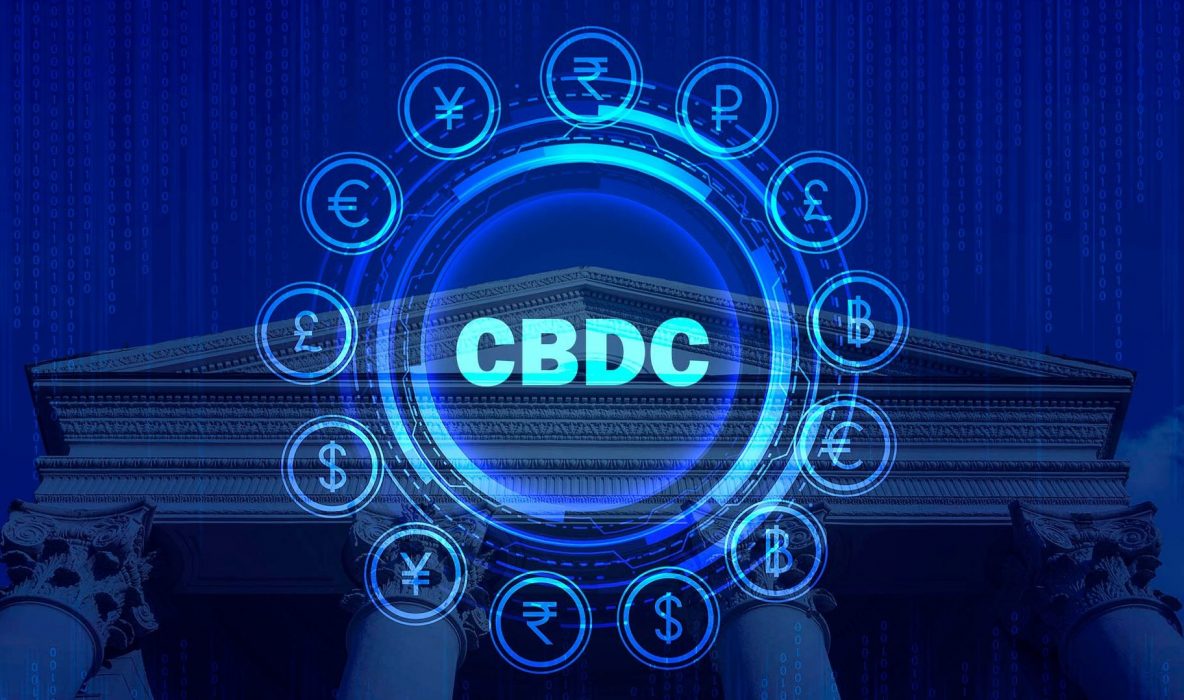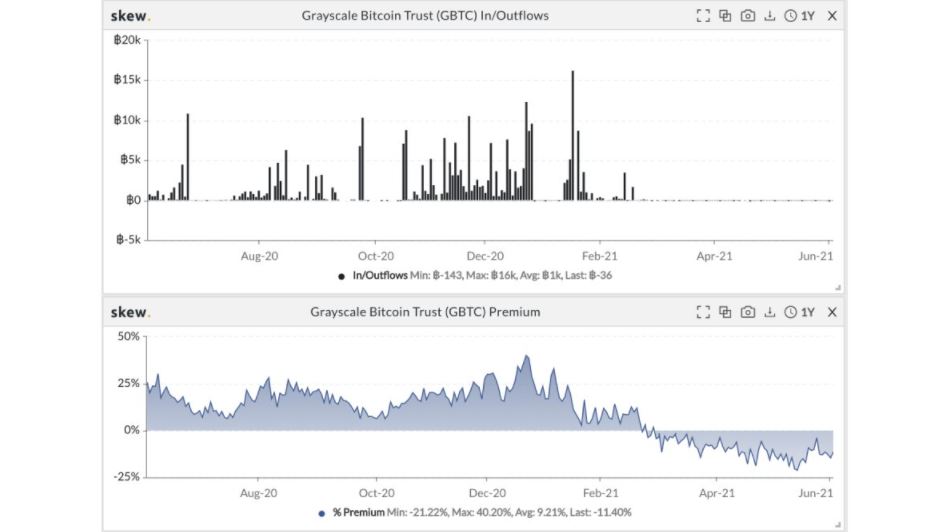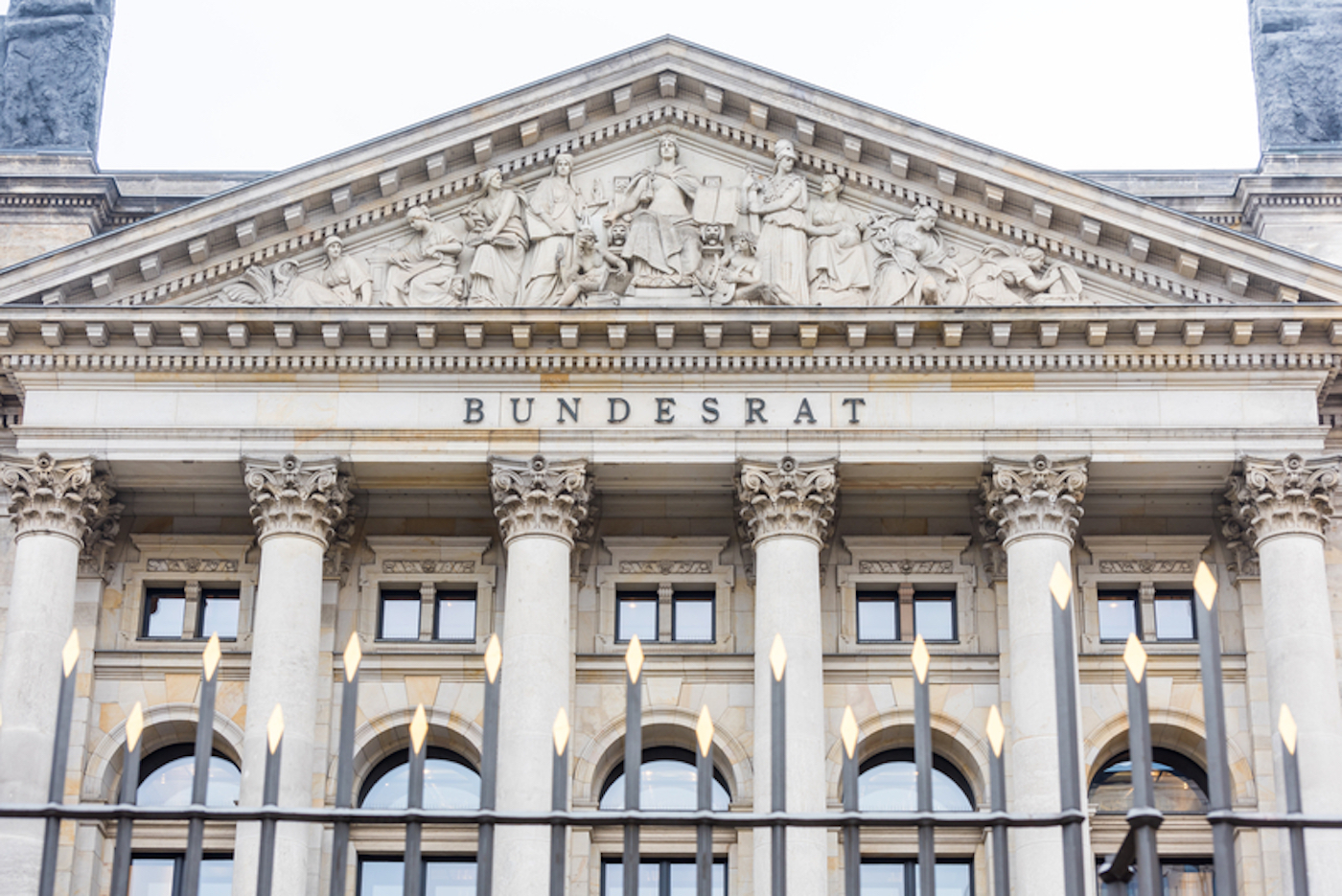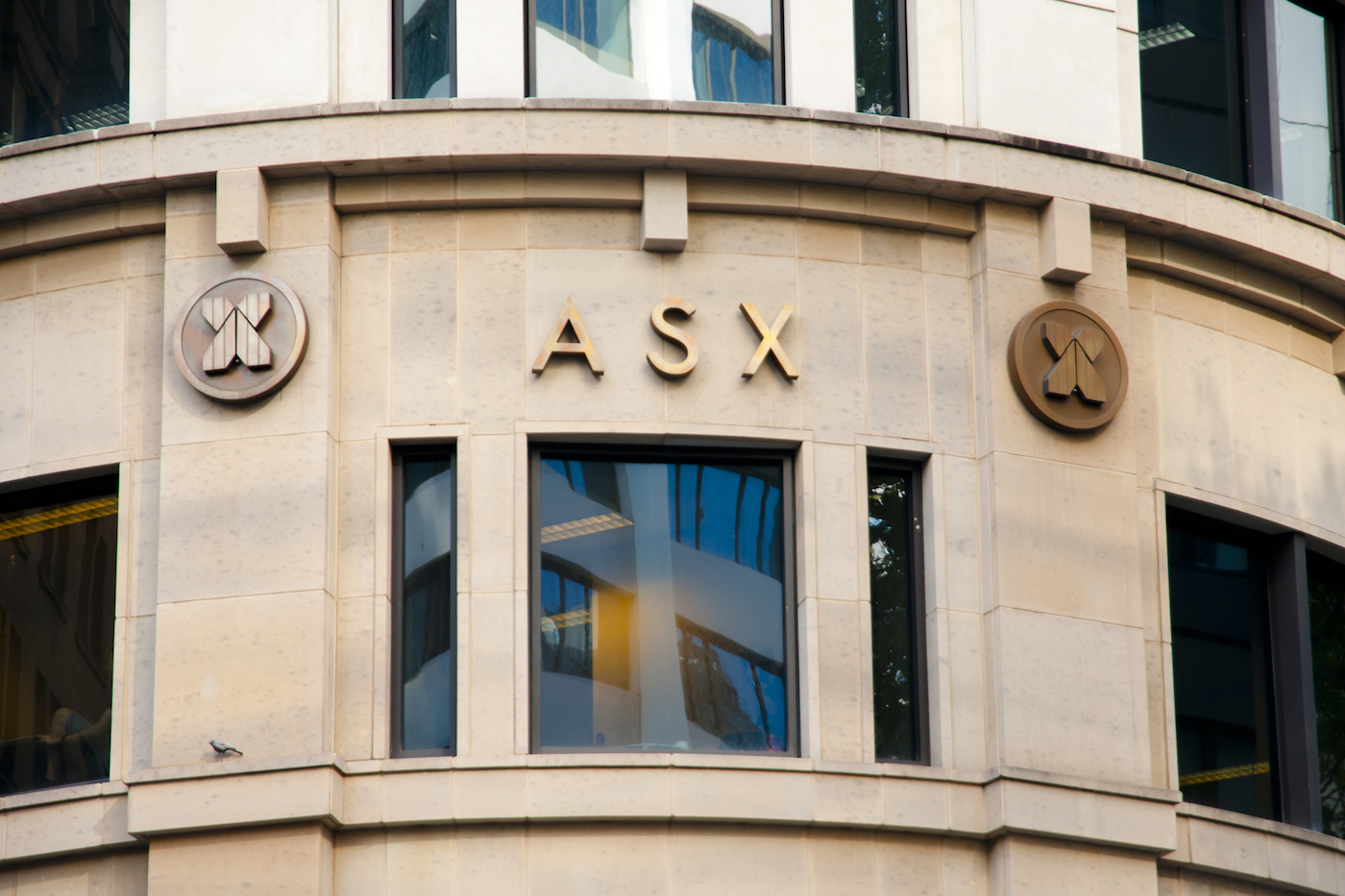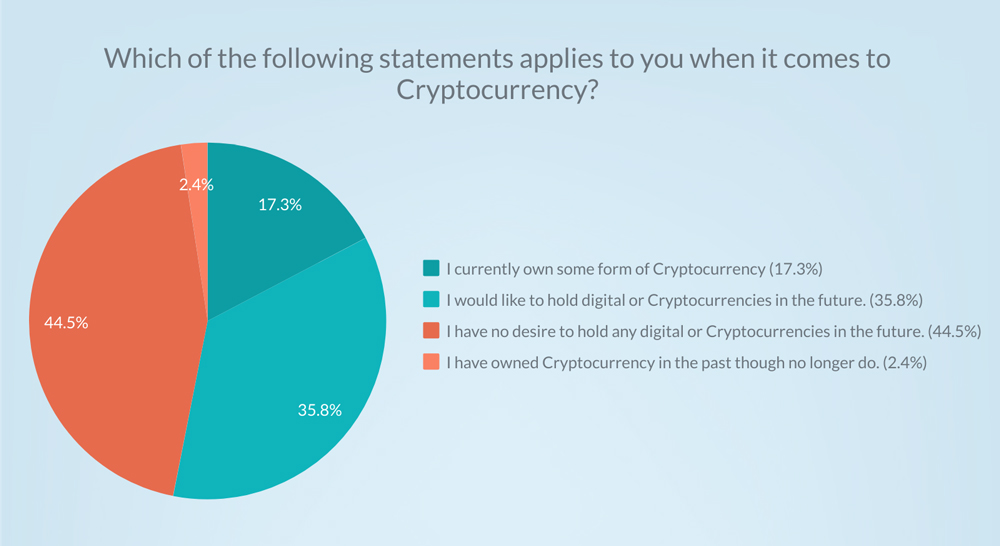Progressive Minerals, an Australian mining company based in Queensland, is implementing a new infrastructure powered by the Bitcoin SV (BSV) blockchain to enhance its operations through the use of NFTs and tokenisation.
In a press release issued by Bitcoin Association, “MetaStreme scalable Bitcoin transaction engine has today announced it will partner with Predict Ecology, an environmental and ecological consulting firm”.
We are thrilled to be able to help build what we see as the future of mining.
Daniel Keane, managing director, Predict Ecology
These two companies were contracted by Progressive Minerals to develop new blockchain-based mining infrastructure that will be used across various mining operations.
How Is a Blockchain Useful for Mining?
The mining sector has many clear and present use cases for distributed data that stand to transform the industry at all levels – including monetising mining data and assisting in progressing and achieving environmental sustainability goals.
Paul Chiari, CEO, Prime Technology Services
Progressive Minerals’ business data streams will be stored on the blockchain (on-chain), including “environmental, operational, production and licensing data, demonstrating a commitment to data accuracy, integrity and transparency”. This will help the company stay abreast with compliance and streamline the analysis of mining data.
The company will also be implementing smart contract functionality to “offer a new level of surety and reliability for investors and business partners”. Smart contracts can be used to automatically execute orders after they have been filled to exact specifications, further automating some processes in the mining industry.
Mining and exploration leases, which act as rights or contracts to explore or prospect in a certain area, will be tokenised as non-fungible tokens (NFTs). These will be stored on-chain, and will allow for the assignment of rights and prospecting data, also allowing leases to have a clear line of ownership and to document changes through their life cycle.
Bitcoin SV Used for its High Throughput
The system will be powered by the enterprise-grade BSV blockchain, facilitating the processing of high volumes of mining data. In a public test, the BSV network has shown it could reach 50,000 transactions per second throughput, at the cost of two percent of a US cent, making it enticing for companies needing large amounts of data processed.
From an environmental perspective, the ability to record and audit resource sector data on the BSV blockchain will create new efficiencies and help to ease the regulatory burden that mining companies can often struggle to manage.
Daniel Keane, Predict Ecology
The data for a mine doesn’t need massively decentralised blockchains or public ledgers to be verified. It is for the exclusive use of the mine and its partners, thus using a more centralised high-throughput blockchain is ideal.
The mining industry, like many others, is one where the integrity of data is everything. This has historically been an issue within the sector, and the aim of Progressive Minerals is to change the way mining companies operate and provide a level of integrity and transparency of data for all stakeholders not previously realised.
Mathew Hancock, managing director, Progressive Minerals



